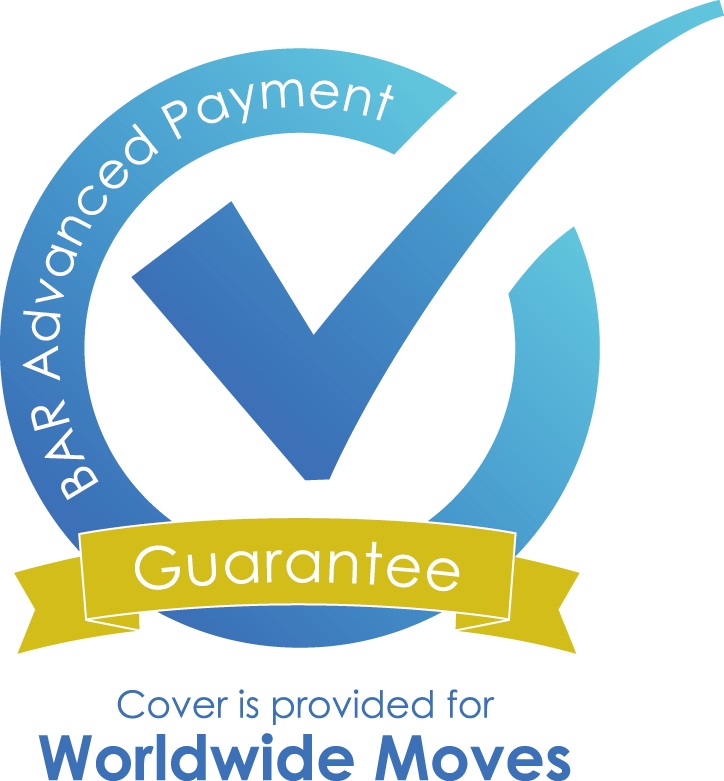There could be many reasons as to why you and your family want to move to another country. Whether it is for work, a better quality of life, or perhaps to begin a new chapter in your life. Emigration isn’t an easy decision, after all, you are leaving behind a life in the place you currently call home.
Canada is an exquisite place, with beautiful landscapes, a multicultural environment, amazing education and fantastic healthcare; there is no reason as to why you shouldn’t move your family to Canada. The team here at Britannia Movers International have put together this guide on how and why you should move your family to Canada.
Who can come with you?
Moving your family to Canada is easier than you think. The following family members can come with you to Canada and as dependents, these family members can be processed for permanent residency:
- Your dependent child
- Your spouse or common-law partner
- Your spouse or common-law partner’s dependent child
- A dependent child of a dependent child
These dependents can arrive with you or after you in Canada. However, they cannot arrive before you.
Education
If you are playing with the thought of packing up everything and moving your family to Canada, one of the bigger considerations is education for your children. Canada has an exceptionally high standard of schooling, with a huge variety of schooling options, the sheer volume is quite impressive. In each province, Fraser Institute releases an annual report card for both public and private schools; calculating and comparing schools’ academic performances. There is no nationalised system of education, responsibility, and valuation of the systems lies individually within the thirteen different provinces. Although schooling is similar over the country, there are differences in the individual provinces due to the education system itself. The differences can be seen in the primary language, methods of evaluation, fluctuating differences in curriculum and liability responsibility. Another key difference between provinces is the age intake, although most are between the ages of six and sixteen.
Public schools have a varying level of performance in each province, with some being seen as outstanding and others boycotted by parents due to their performance and/or reputation. If you obtain a residency permit, Canadian public school is free. However, if you do not obtain the permit there is an approved tuition fee that is payable per province. Public school students attend the schools within specific catchment areas, so this may be an element that helps you decide which neighbourhood you would like to move to.
Private schools in Canada have a reputation for being considerably expensive, but you pay for a great education service. Private schools have control of their own curriculum, with some schools adopting different teaching styles, language affiliations, and religious values system. These schools are known for their outstanding education level, good facilities, diverse extra-curricular activities and smaller class sizes. Private schools in Canada include military schools, special-needs schools, and international schools.
Healthcare
Canada has a superb healthcare system and offers citizens and permanent residents public healthcare insurance. This recognised public healthcare insurance gives you access to low-cost doctors and health advisors. However, if you only obtain temporary residency you will not be eligible for this public healthcare scheme.
The public healthcare insurance is known as Medicare and gives you the flexibility to seek treatment at public and private healthcare facilities. However, the majority of hospitals in Canada are private. Although there is a lot of talk about doctor shortages and the lack of spending in the public healthcare system, Canada sustains a high medical healthcare standard, with a low infant mortality rate to prove it.
The system is funded by public taxes, yet private doctors and healthcare advisors bill the government for any services used by people using public healthcare insurance. For those who obtain temporary residency and have to splash out on private health insurance, you can rest assured that you will be in the hands of highly trained professionals and get a high service of care.
Every individual province has its own rules and regulations as to what is covered in the public healthcare insurance. Most of the time services do not include, ambulance services, home care, long-term care, dentistry, optometry, and prescription drugs.
When moving to Canada you should make it a priority to apply for a medical insurance card when arriving. Once the application and documentation have been submitted and you have obtained the insurance card, you will be able to start receiving Medicare.
Safety
Canada is recognised for being an extremely safe country. Crime rates are usually low, even in major cities, and there is little threat from terrorism. The Canadian police are professional, proactive and have a big presence within Canada. The Mountie is one of the most widely recognised symbols in Canada; the stoned red-coated federal police officer sitting upon their steed. You can be assured that you and your family with be in a great place due to its safe and frugal environment.
Conclusion
Yes! If you want to pack up your stuff and move to Canada with your family, then there is not a lot stopping you. The brilliant education system, beautiful views, quality healthcare system, and exceptional safety are all great reasons to choose Canada for your relocation destination.
To find out more about Canada have a look at our country information guide. To get informative advice on international removals to Canada contact Britannia Movers International today.








